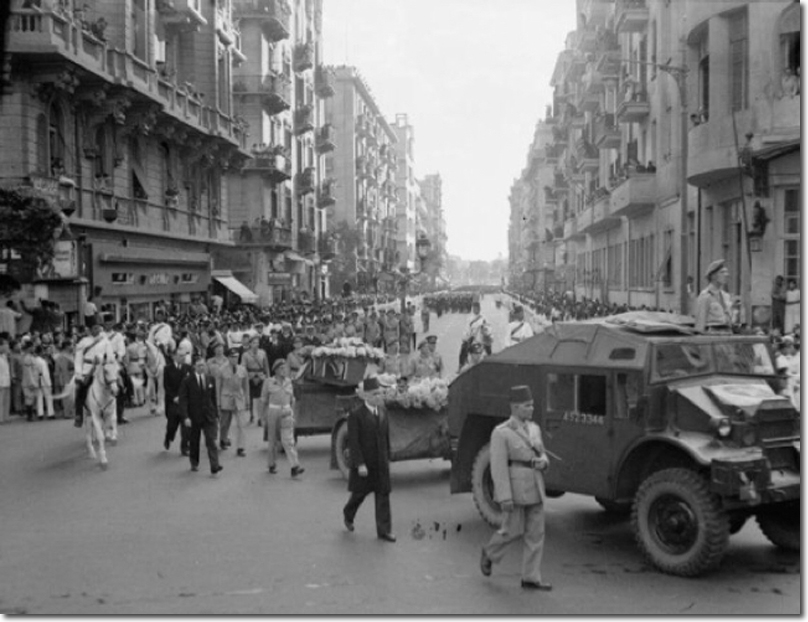|
|


|
|
The assassination of Lord Moyne sent shock waves through Palestine and the rest of the world.
Moyne had previously declared his support for the establishment of an Arab federation. In the emotional atmosphere of the Jewish fight for a homeland he was regarded with suspicion by some Zionist groups. He had also been accused of making an ‘anti-semitic and anti-Zionist’ speech in the House of Lords in June 1942, and ‘as an amateur anthropologist’ of making ‘certain remarks regarding racial characteristics’. It was clear that, as Heller admits, ‘Moyne was no worse than other British decision-makers. He supported partition and the establishment of a Jewish state’. But he also received the blame for the deaths, in December 1941, of hundreds of Jews on the steamship Struma. Its sinking followed the refusal of visas to its passengers to enter Palestine, a decision which had been made when Moyne was colonial secretary. He had also opposed the establishment of specifically Jewish army units in the Middle East, partly to avoid offending Arab sensibilities. As a result he had long been part of the ‘rogues gallery’ of radical Zionist groups. On 6 November 1944 Moyne was assassinated in Cairo by two members of the Fighters for Israel's Freedom (previously the Stern gang). This act proved largely counterproductive. For Churchill, who had previously been sympathetic to the Zionist cause, his friend's death was ‘a real turning-point’. In early 1944 the ‘creation of a sovereign Jewish state … was back on the agenda’ in Britain. After the assassination Churchill ‘postponed implementation indefinitely’. He refused to meet again with Chaim Weizmann, president of the World Zionist Organisation, although he was ‘a very old friend’. The killing was condemned by Jewish leaders and newspapers in Britain and Palestine, but significant damage had been done to the Zionist cause. Image courtesy of Samir Raafat |
Palestine: Britain's Crown of Thorns
Armed Forces | Art and Culture | Articles | Biographies | Colonies | Discussion | Glossary | Home | Library | Links | Map Room | Sources and Media | Science and Technology | Search | Student Zone | Timelines | TV & Film | Wargames